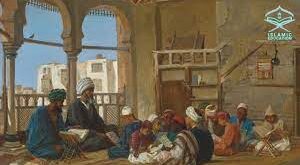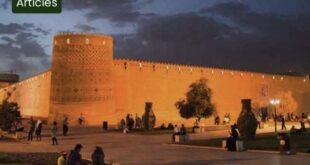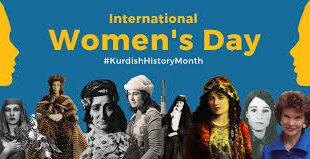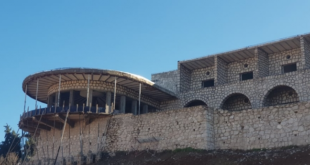Melayê Cizîrî (born Shaikh Ahmad), penname Nîşanî (Kurdish: مەلای جزیری, romanized: Melayê Cizîrî, born; Cizre, c. 1570 – died c. 1640) was an Kurdish poet who laid the foundations for Kurdish poetry.
Born in Cizre of Bohtan around year 1570, Cizîrî was a Sufi who spoke Kurdish, Arabic and Persian. He only expressed himself literarily in Kurdish. He began his studies in his hometown before traveling to Baghdad, Syria, Egypt and Persia to study philosophy, astrology and divination. During this period, he became familiar with Hafez who would become an influence in his poetry.Other influences included Rumi, Saadi Shirazi and Jami.
When he returned to Kurdistan, he established himself in Diyarbakır and began teaching until his death. He was buried in the city near Sur but his burial place has since then been destroyed by the Turkish military. Cizîrî was a friend of Sharafkhan Bidlisi of Principality of Bitlis and celebrated him in two poems.
His love for Kurdistan was also explicitly expressed in his literature.
During his lifetime, Cizîrî became poetry was popular. Cizîrî would also become the father of a Kurdish literary school and was admired by later poets like Ahmad Khani and Cigerxwîn
As he was one of the earliest users of Kurmanji in literary work, he also served as model for other poets including Ahmad Khani who wrote Mem and Zin in the same dialect. He would also lay the foundations for the Kurdish qasida which emerged in the subsequent centuries.
Among Kurdish nationalists, Cizîrî is a symbol of national pride.
 History of Kurdistan
History of Kurdistan



